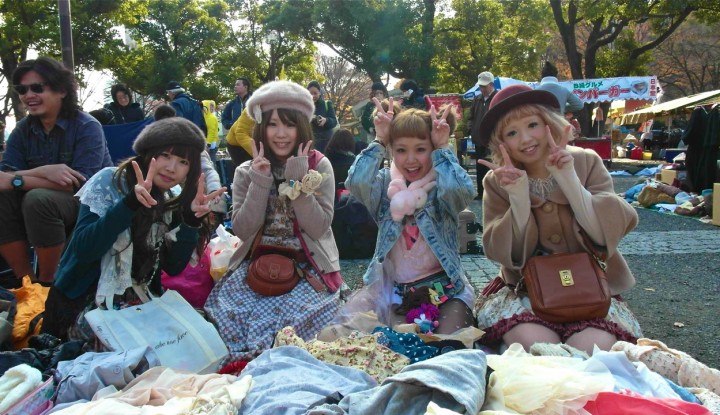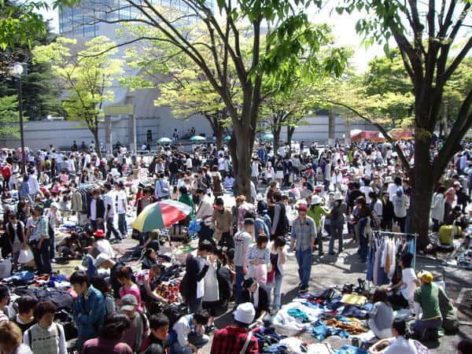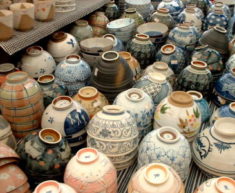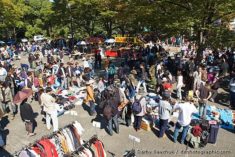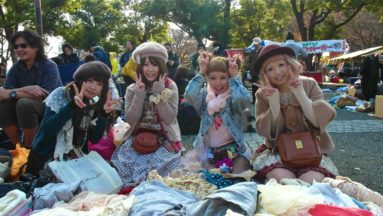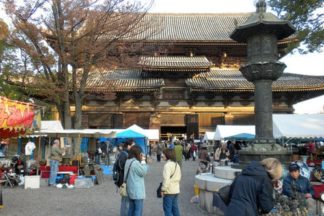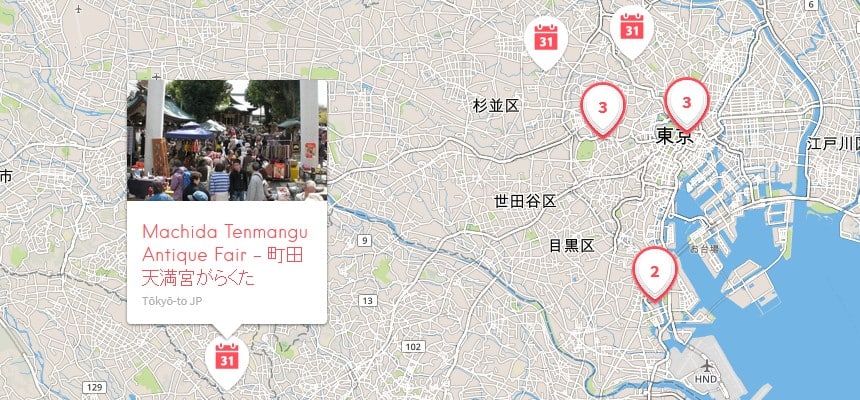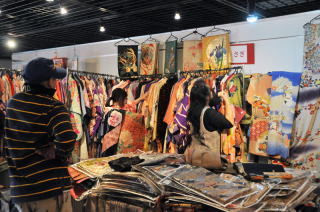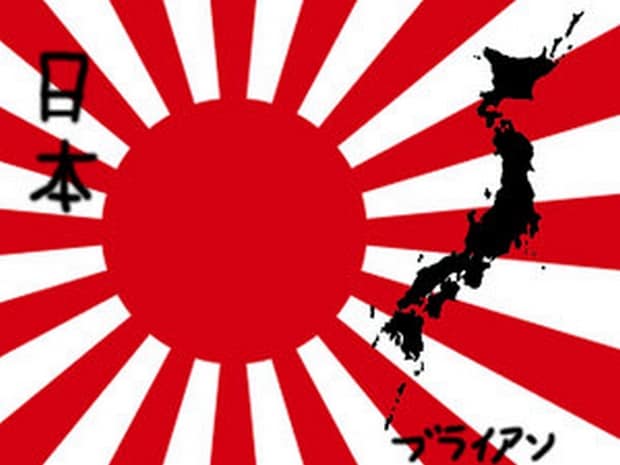Intro
Flea markets are becoming more and more popular in Japan, that’s a fact. Generally located in the vicinity of shrines, and featuring a variety of items ranging from handmade silver jewelry and traditional Asian and Japanese clothes (e.g. kimono) to antique furniture, old vinyl, and crockery, Japanese flea markets appeal to all kind of customers, tourists included.
In fact, if you are visiting Japan as a tourist, flea markets are a great place to buy Japanese souvenirs, since all sorts of Japanese goods can be found there – from handicrafts and antiques to the latest cartoon character goods.
In Tokyo, you should be able to find several flea markets every weekend. Three major flea markets are held at Meiji Park with about 600 merchants, Shinjuku Chuo Park with about 250 stalls, Yoyogi Park with more than 800 stalls, and at Oi horse race track.
Keep in mind that there are two kinds of merchants at flea markets in Tokyo and Yokohama. Professional merchants are pretty easy to identify, as they are usually located in separate areas of the flea market. They also sell high-quality antiques & vintage items, and this uniqueness is also reflected in the price. Amateur merchants (many of them Chinese) generally sell bric-a-brac as well cheap clothes but nonetheless manage to gather large crowds of Japanese buyers and tourists, who come to rummage for hidden gems lost in haystacks of dusty junk.
IMPORTANT NOTE: This blog offers an overview of hundreds of flea markets from around the world. For this reason, we have limited time and resources to keep each review up to date with precise information regarding flea markets’ opening days. In the case of flea markets running on a relatively regular schedule (Saturday and/or Sunday, last/first Sunday of the month, Monday to Sunday, etc), the opening dates we provide are accurate.
Antique fairs in Tokyo and Yokohama, however, operate on a more random schedule. So we advise you to verify their opening dates before making travel arrangements. We recommend for instance Best Living Japan, which provides month on month updated information on Japan Antique Markets, or to use our flea market calendar of Tokyo’s best flea markets. Last but not least, most outdoor markets in Tokyo usually get canceled when it rains. So please keep that in mind when planning a trip to the flea market.
Finally, this review has been divided into 4 pages to make it easier to jump quickly from one page to the other. By clicking on any of the links featured in the table of contents below, you’ll be able to land directly on the page of your interest. You can alternatively use the “Continue” link, featured below the sharing buttons, to load the next page.

